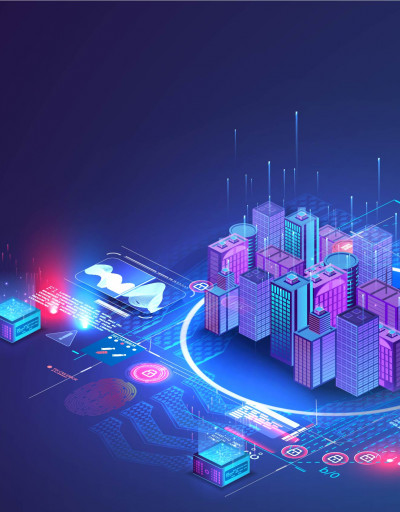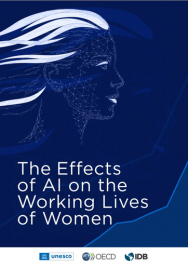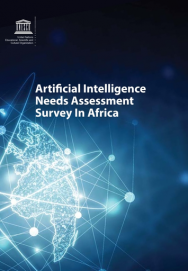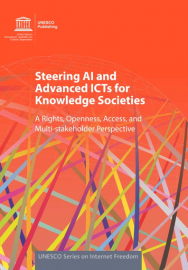
Digital Policy, Capacities & Inclusion
Digital transformation impacts every part of our lives - from the way we live to how we work and play.
Even as digital innovation continues to expand opportunities for the achievement of the Sustainable Development Goals, there is an urgent need to look at how our rights are affected by emerging technologies and how to be empowered with tools to guard these rights.
UNESCO works to narrow the digital divide, strengthen digital governance and policies, build human and institutional capacities for digital transformation and lead reflections around pressing concerns related to the rapid technological development from a Human Rights and ethics perspective.
Highlights
Our Challenges
7 minutes to understand AI What is Artificial Intelligence?
Episode 1: This episode gives a general introduction to AI and UNESCO’s ROAM-X principles
The animation series were created based on the UNESCO publication Steering AI and Advanced ICTs for Knowledge Societies – a Rights, Openness, Access, and Multi-stakeholder Perspective to promote a better understanding of guiding human-centred and ethical principles underpinning any development of AI. Each episode contains a key message illustrated from the publication.
If you are a/an...
News
Events
Publications
















